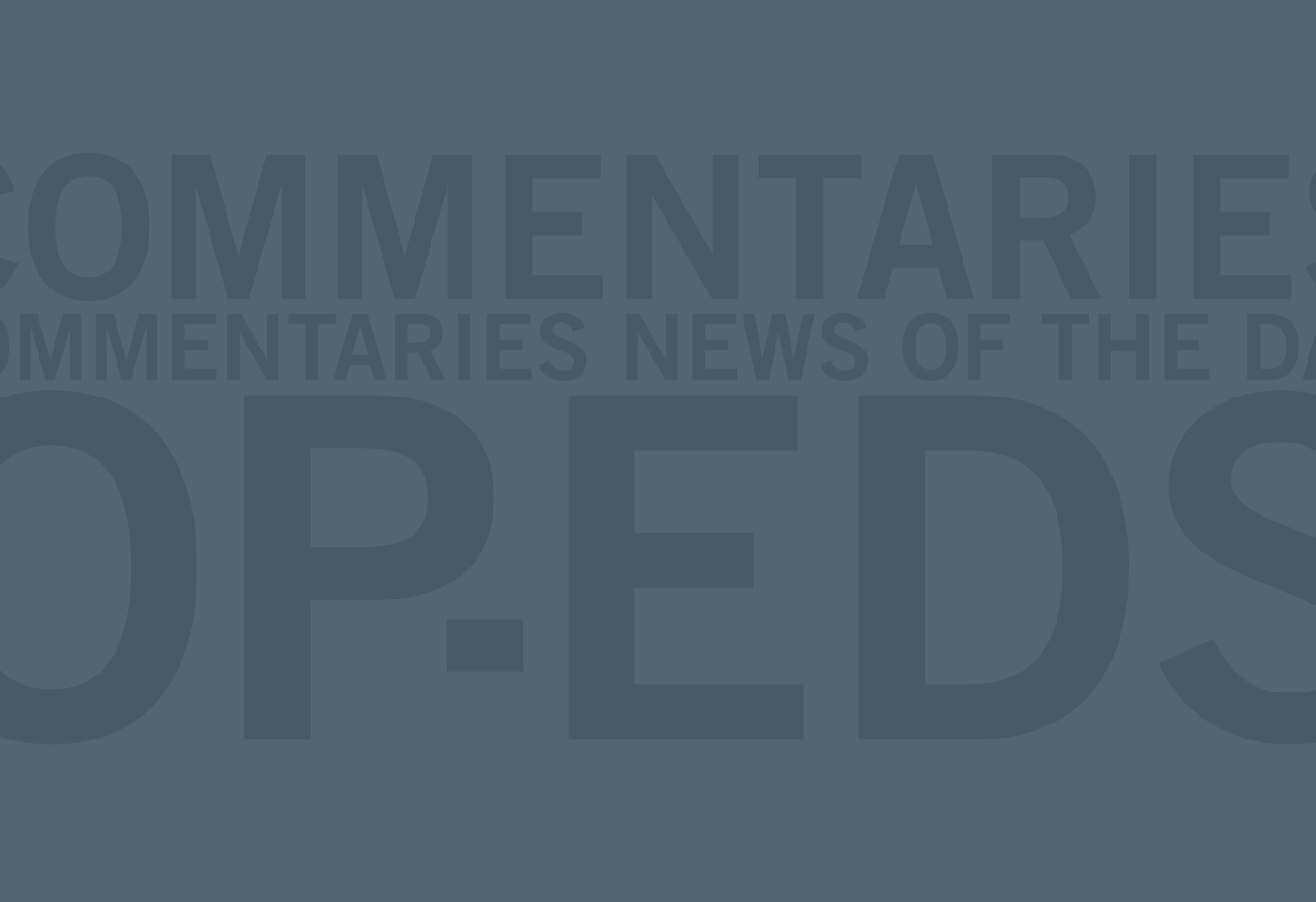By Janice Plumstead
In the Globe and Mail
March 6, 2015
It would be less than honest to blame Saudi oil magnates for the $7-billion budget crisis confronting Alberta. The problem is actually homegrown.
No question, the game of chicken that OPEC nations have been playing with global oil suppliers is behind the gyrating price of oil. The finger-pointing conversation, however, is a lot less fruitful than the one about what will be in Alberta’s next budget.
As Albertans know, this isn’t the first time the province has faced a budget crisis. In the late ’90s, when oil took a dip and left the province short of revenue, the government of Ralph Klein undertook a series of drastic cuts which eliminated the shortfall but left the province managing the impact for years afterwards.
This current crisis is an opportunity to rethink our revenue and spending assumptions. The resolution calls for bold action.
There is no shortage of opinions from Albertans on what that action should be.
There are those who believe the budget shortfall is a result of overspending, and there is fierce debate on where cutting should occur. Some will advise the premier to cut drastically, even to the point of taking on the public service unions.
Others have said the budget crisis is a revenue problem. Some of this group are calling for new tax measures, such as an increase in existing corporate and income taxes or a re-introduction of fees such as the health services premium. Although the introduction of a sales tax is a straightforward way to raise revenue, there has been loud and clear opposition to this option.
In the middle are those advocating for a mix of spending cuts combined with some tax increases, an approach which implements changes over a business cycle, or the implementation of other initiatives that may be harder to quantify, such as increasing the value that comes from the public service.
We should consider carefully the expectation that our budget crisis will be short-lived. In the back of our minds, we’re betting that the Saudis will soon shake their heads, tighten the valves and agree to let the price rise.
What if they don’t? And what if, regardless of OPEC actions, Albertans took this opportunity to fundamentally change the way the province manages the budget? Recently, our next door neighbour released its third consecutive balanced budget. British Columbia does have an advantage in that its economy is more diversified than Alberta’s. The decline in commodity prices has had an overall sobering effect on export revenues and GDP growth, but the combination of the province’s industries with a little help from the lower Canadian dollar has worked to keep B.C.’s economy growing.
Even with a diversified economy, B.C. did not achieve a balanced budget overnight. It has taken the Liberal government more than 10 years and two premiers with some highly disciplined fiscal policy approaches to make it happen.
During the four decades of Progressive Conservative rule in Alberta, the price of oil has dropped significantly several times, leaving the province to scramble to make up budget deficits. Different premiers have taken markedly different approaches to fiscal management.
While Mr. Klein was noted for his austerity, other premiers have had a looser hand on the reins. For those premiers, fiscal management has been a bit like modern household budgets in which families just keep piling on debt as they ramp up spending to match their sense of entitlement.
At this belt tightening moment, we should ask ourselves this: What is a reasonable amount of money for Alberta to spend? Is it $45-billion, which would require $95 oil to sustain, or is it something less than that amount and more in line with spending in other provinces?
Addressing the budget options is not an either/or proposition. Alberta’s economy and society is more complex than that. The recent large increases in population and pressing demands on education and health are real. Government cannot ignore them.
Alberta’s economy is focused on a global energy commodity which is the foundation for a remarkable lifestyle. But to sustain this lifestyle and leave something for future citizens, the government will need to pursue a long-term disciplined approach to budgeting. It is certain that this will include changes in tax policy and program spending that will not be welcome. The alternative is the budget roller coaster and we already know how that story goes.
Janice Plumstead is senior economist at the Canada West Foundation. www.cwf.ca
